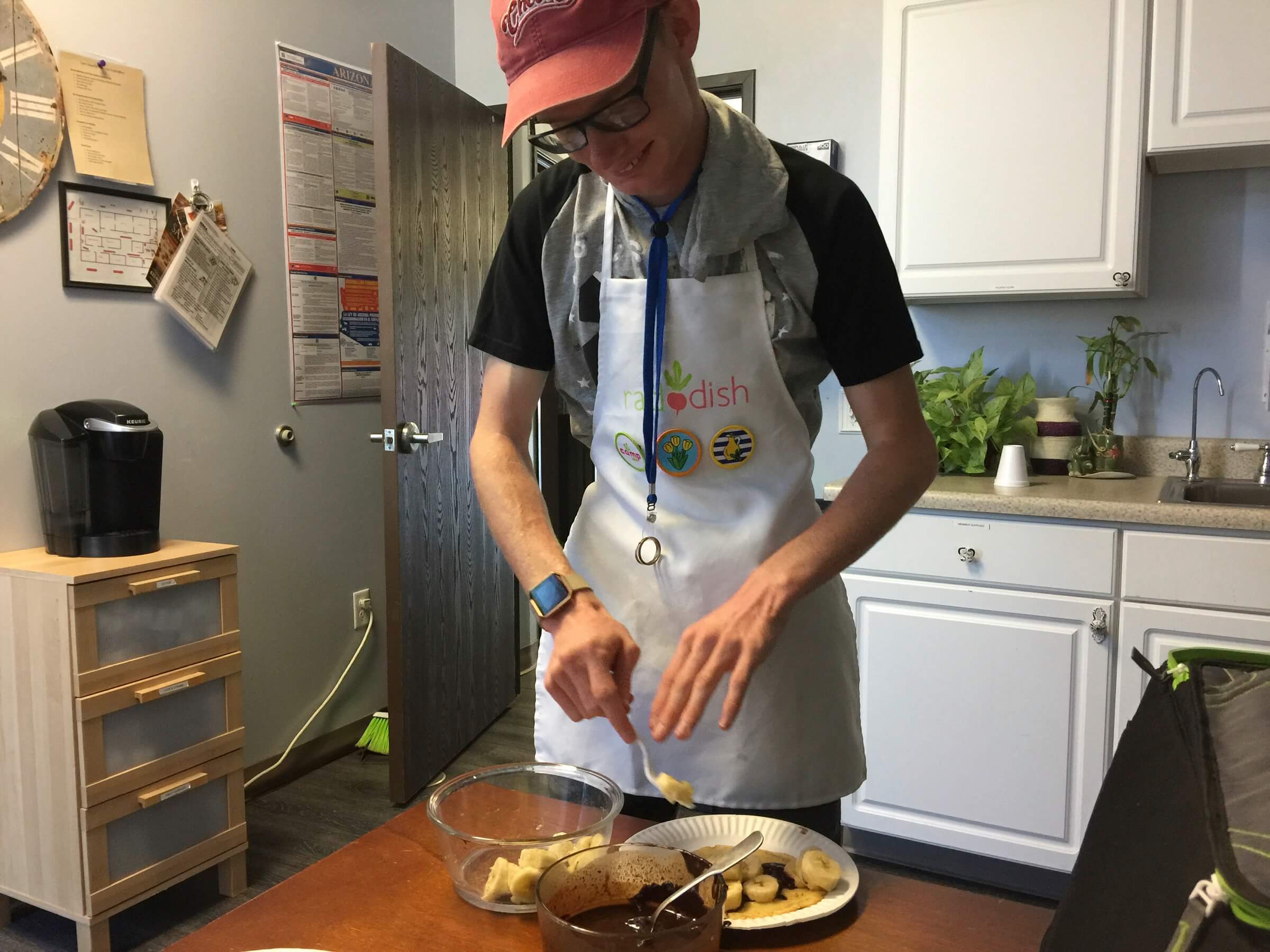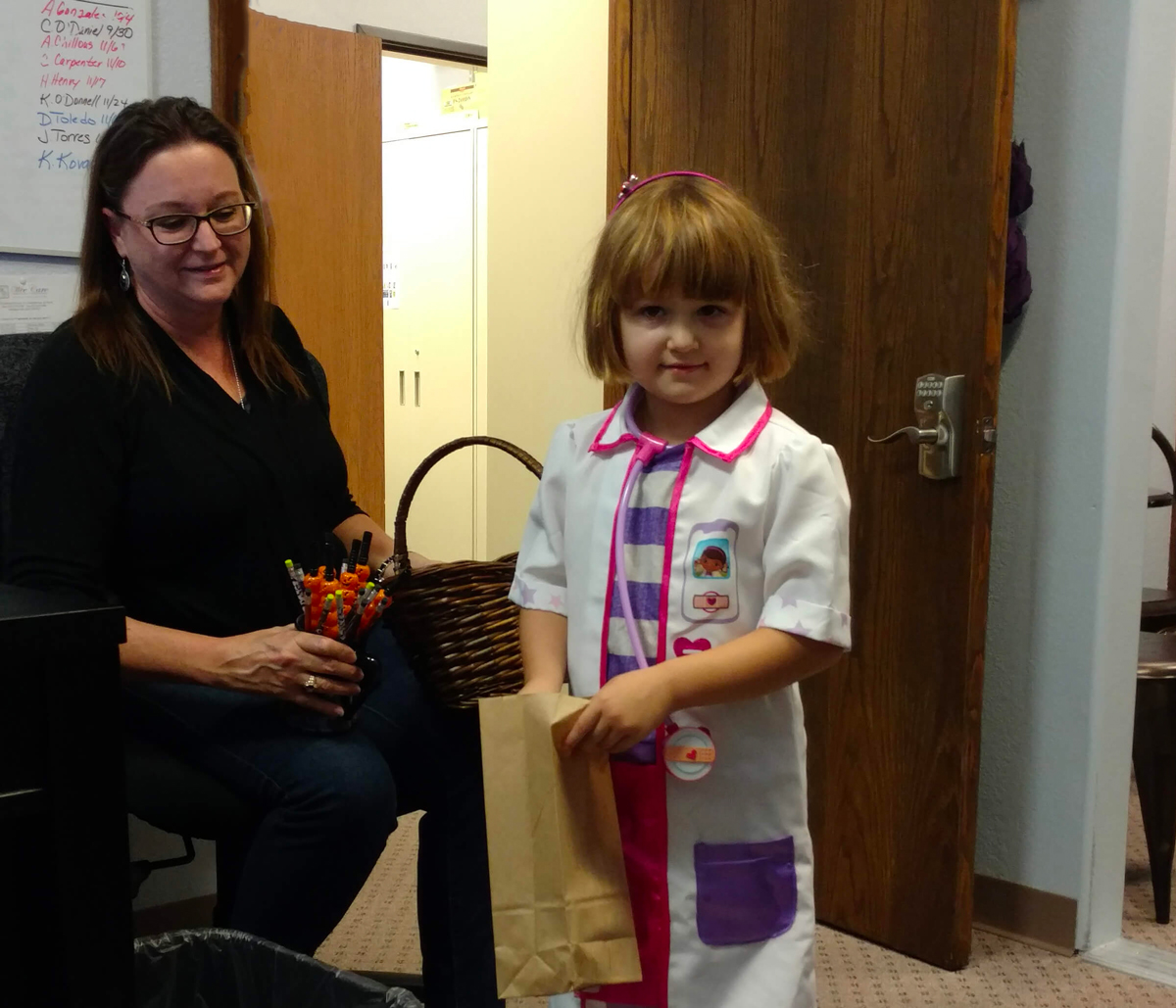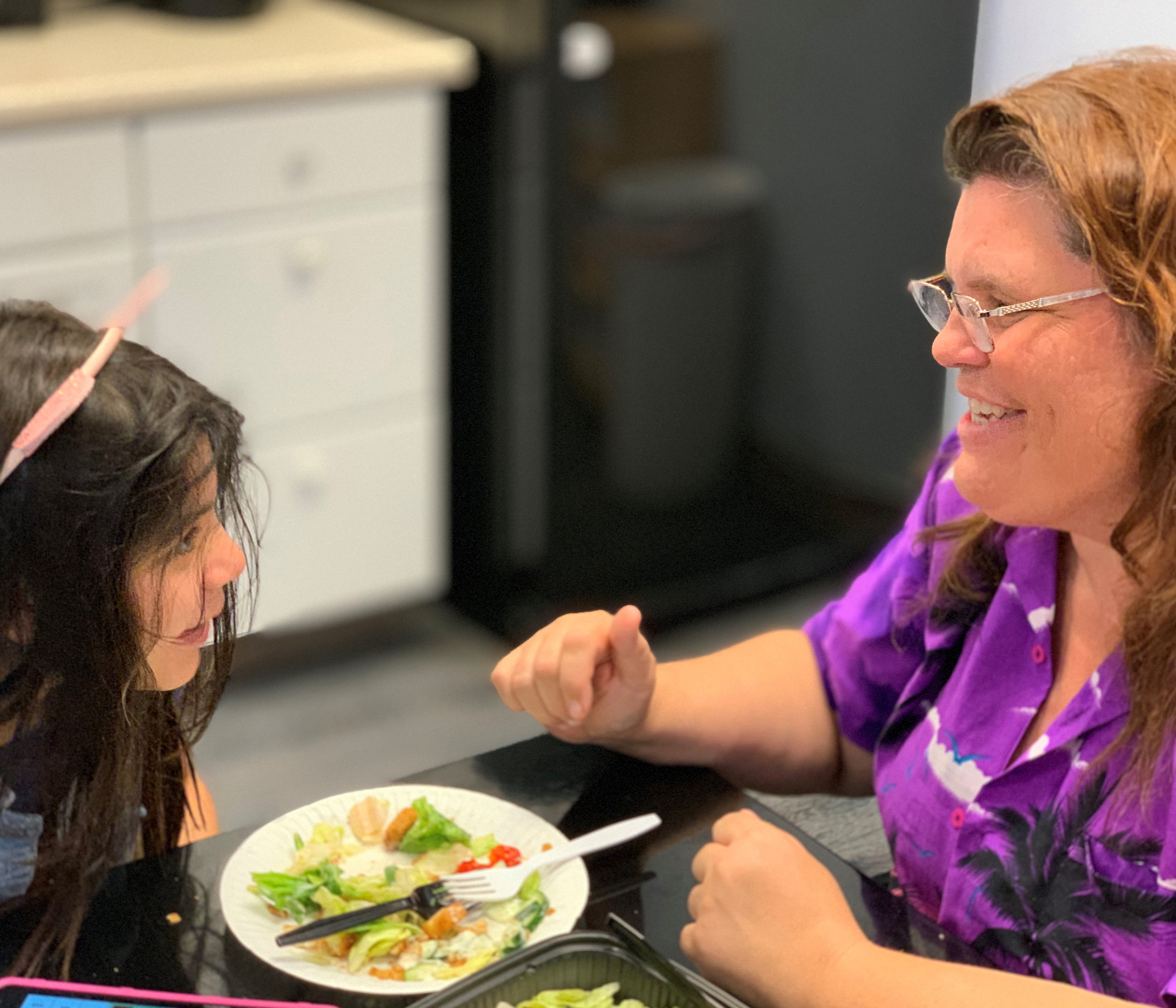Therapy Services are medically necessary services intended to maintain and/or improve the functional abilities of children and adults by using fun and engaging proven practices.

Occupational Therapy, performed by Occupational Therapists and Certified Occupational Therapy Assistants, helps people across the lifespan participate in the things they want and need to do through the therapeutic use of everyday activities. Common occupational therapy interventions include helping children with disabilities to participate fully in activities, school and social situations, as well as helping people recovering from injury to regain skills, and providing supports for older adults experiencing physical and cognitive changes.
Speech therapy, performed by Speech Language Pathologists and Speech Language Pathology Assistants, is the assessment and treatment of communication problems and speech disorders. There are several disorders that can be treated with speech therapy such as articulation, fluency, resonance, receptive, expressive, cognitive-communication, aphasia and dysarthria.


Feeding Therapy, performed by an Occupational Therapist or Speech Language Pathologist (Please note, not all OT’s or SLP’s are trained Feeding Therapists), helps individuals learn how to eat or how to eat better. Feeding therapy is helpful for individuals having difficulty actually eating as is common with someone with special needs or medical challenges.
Each therapy service begins with an evaluation of the members current abilities. The evaluating therapist then creates a Plan of Care for the member with specific goals that will be worked on. Evidence supports that task-oriented therapy encourages and supports participation in daily activities, which generally results in more frequent practice of emerging skills and better carryover into real-world situations (Gannotti et al., 2014). In other words, across all types of disabilities, functional improvements are more likely to occur when the goals of therapy are clearly delineated, relevant to the child’s daily life, and measurable (Bower et al., 1996).